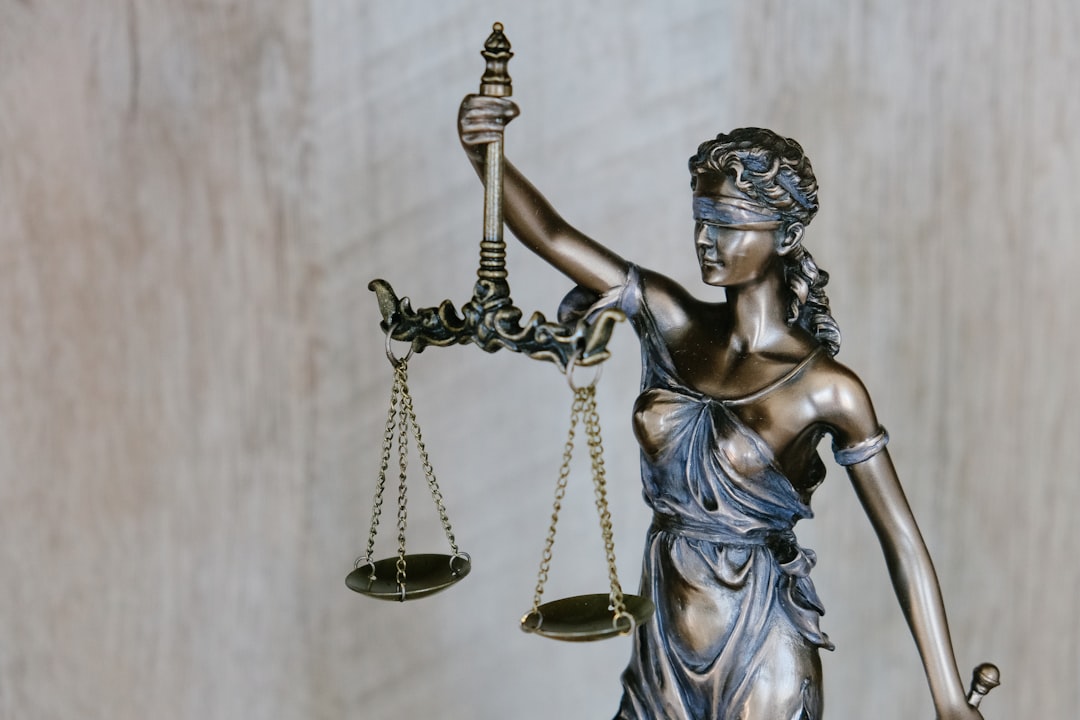Arkansas schools benefit from a strong legal framework and school abuse attorneys to protect students from sexual abuse. Through education, training, and clear policies, schools can empower students and staff to recognize and report abuse. Confidential reporting, immediate response teams, and open communication foster a culture of awareness and accountability, ensuring student safety and holding perpetrators liable.
In Arkansas, preventing sexual abuse in schools is paramount. This comprehensive guide equips educators and parents with essential strategies to ensure student safety. We delve into Arkansas’ legal framework, highlighting critical policies for school districts. From robust training programs to fostering open communication, we explore best practices to empower students and create a secure learning environment. By implementing these measures, schools can better protect against abuse and connect victims with the support they need, assisted by expert school abuse attorneys in Arkansas.
Understanding Arkansas' Legal Framework for School Safety

In Arkansas, the legal framework for school safety and the prevention of sexual abuse is clear and stringent. The state has implemented various laws to protect students from harassment, assault, and exploitation within educational institutions. These regulations not only hold schools accountable but also equip them with the necessary tools to foster a safe learning environment. Understanding these legalities is crucial for both educational administrators and parents, as it forms the basis for establishing comprehensive policies against school abuse.
Arkansas’s laws emphasize the importance of proactive measures, such as education, training, and reporting mechanisms, to combat sexual misconduct. School abuse attorneys in Arkansas play a vital role in guiding institutions on how to navigate these legal requirements, ensuring that schools are equipped with the knowledge and resources needed to protect their students. By adhering to these guidelines, schools can create a robust safety net, deter potential abusers, and foster a culture where every student feels secure.
Implementing Comprehensive Training and Policies

Implementing comprehensive training and policies is a multifaceted approach that schools in Arkansas can take to prevent sexual abuse. This includes educating both students and staff about consent, appropriate boundaries, and recognizing signs of potential abuse. Schools should provide regular workshops and seminars led by experts or trained professionals who can offer practical guidance on dealing with sensitive issues related to sexual misconduct. Furthermore, establishing clear policies that outline the steps to report and address incidents of sexual abuse is essential. These policies must be communicated effectively to all stakeholders, including students, parents, and faculty, ensuring everyone understands their roles and responsibilities in maintaining a safe learning environment.
In collaboration with school administrators, educators, counselors, and even local law enforcement, trained professionals can develop protocols for handling reports of abuse. This may involve confidential reporting mechanisms, immediate response teams, and support services to protect victims and hold perpetrators accountable. By integrating these measures, schools can create a culture of awareness, prevention, and protection, ultimately safeguarding students from potential school abuse attorneys Arkansas might be required to assist in cases that arise.
Empowering Students and Fostering Open Communication

Empowering students and creating an environment where open communication thrives are vital steps in preventing sexual abuse within schools in Arkansas. It starts with educating students about their rights, consent, and personal boundaries. Schools can conduct regular workshops and seminars to discuss healthy relationships, emphasizing the importance of mutual respect and understanding. This knowledge equips students to recognize and report any inappropriate behavior or potential abuse.
Encouraging students to speak up without fear of retaliation is crucial. School administrators should ensure confidential reporting mechanisms are readily available and easily accessible. Open dialogue between teachers, counselors, and students can foster a supportive atmosphere where students feel comfortable discussing personal issues, which may include instances of abuse or harassment. Engaging in regular conversations about these topics ensures that potential red flags are identified and addressed promptly by school authorities and, if needed, referred to qualified school abuse attorneys in Arkansas for further assistance.





